Death drowns the unsatisfied man, whose restless mind clutches for greater and greater pleasures
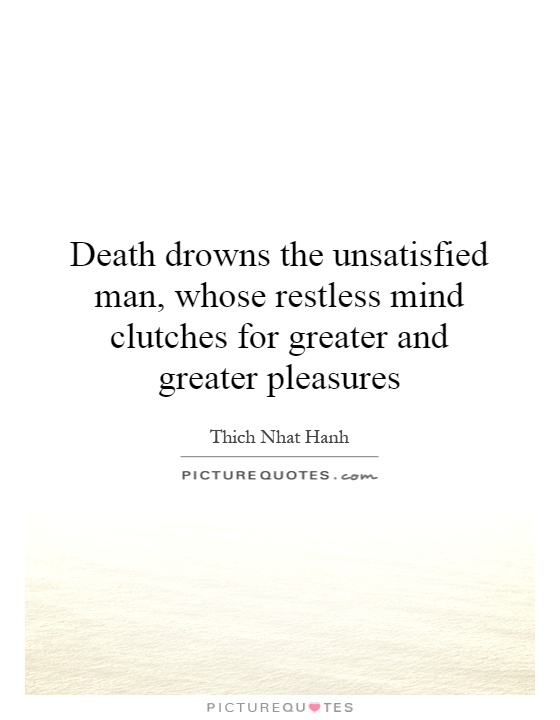
Death drowns the unsatisfied man, whose restless mind clutches for greater and greater pleasures
Thich Nhat Hanh, a renowned Vietnamese Buddhist monk and peace activist, often speaks about the impermanence of life and the importance of finding contentment in the present moment. In his teachings, he emphasizes the dangers of constantly seeking external pleasures and the futility of trying to satisfy an insatiable mind.The quote "Death drowns the unsatisfied man, whose restless mind clutches for greater and greater pleasures" encapsulates the essence of Thich Nhat Hanh's teachings on the nature of desire and the consequences of attachment. According to Buddhist philosophy, the root of suffering lies in our attachment to desires and our inability to accept the impermanence of life. When we constantly seek external pleasures to fill a void within ourselves, we are setting ourselves up for disappointment and dissatisfaction.
Thich Nhat Hanh often uses the metaphor of a river to illustrate the impermanence of life and the futility of clinging to desires. He teaches that life is like a river, constantly flowing and changing, and that we must learn to let go of our attachments and go with the flow. When we resist the natural flow of life and try to control our circumstances, we only create more suffering for ourselves.
The unsatisfied man in the quote represents the individual who is constantly seeking external pleasures to fill a void within themselves. This person is never satisfied with what they have and is always looking for something more to fulfill them. However, as Thich Nhat Hanh teaches, true happiness and contentment can only be found within ourselves, not in external possessions or experiences.
When death finally comes for the unsatisfied man, he is metaphorically "drowned" by his own unfulfilled desires and attachments. His restless mind, which constantly clutches for greater and greater pleasures, is unable to find peace and contentment in the face of impermanence. Thich Nhat Hanh teaches that the key to true happiness lies in letting go of our attachments and desires, and finding contentment in the present moment. Only then can we truly live a fulfilling and meaningful life, free from the constant cycle of seeking and dissatisfaction.


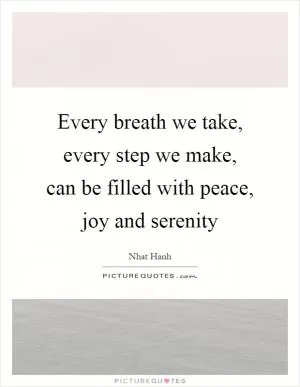



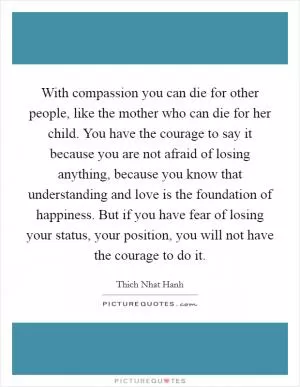
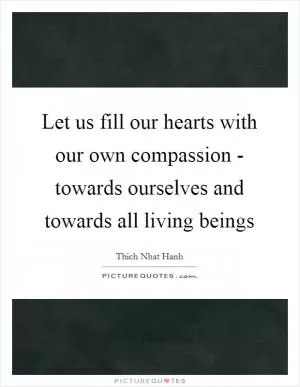
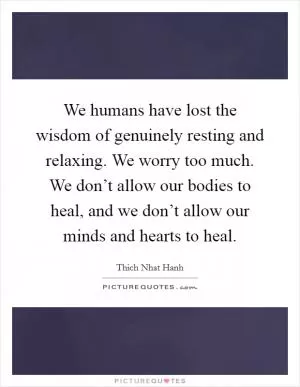
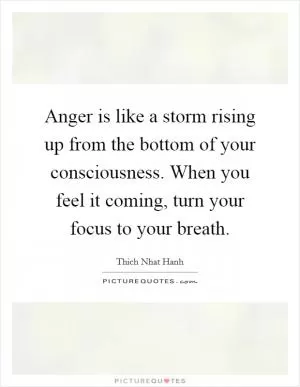


 Friendship Quotes
Friendship Quotes Love Quotes
Love Quotes Life Quotes
Life Quotes Funny Quotes
Funny Quotes Motivational Quotes
Motivational Quotes Inspirational Quotes
Inspirational Quotes